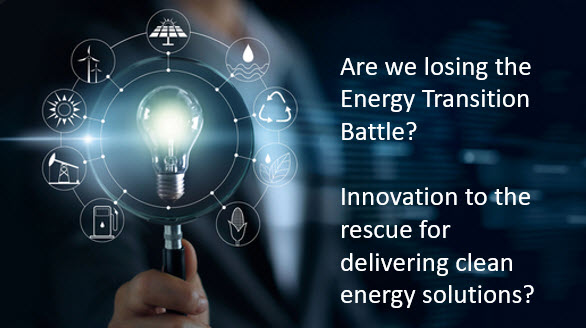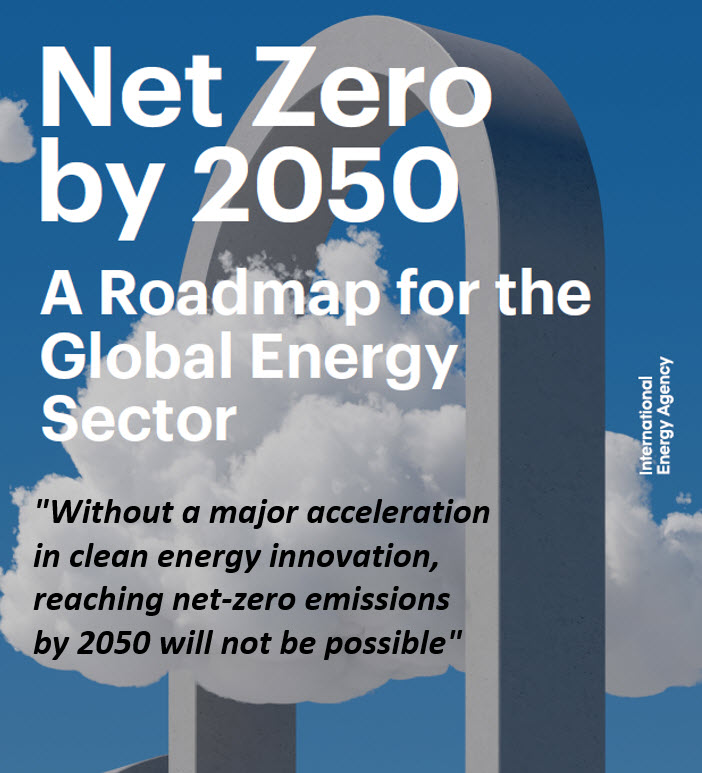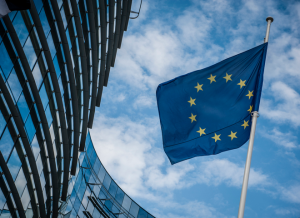
We need to think about a choice-cascade integrative model for innovation. Often we fail to understand our role in contributing to innovation; we need a cascading effect. Here I want to explain my thinking behind this and provide the visual cascading steps I feel help us succeed in innovation.
For me, the “cascading effect” for innovation is “a sequence of events in which each produces the circumstances necessary for the initiation of the next”.
It presents an idea, a concept, a prototype, a piece of knowledge that provides the catalyst to be exploited in a broader community as the next step and so on. It cascades. It is where we fit understanding and fresh knowledge within the innovation web.
Getting innovation through any process of understanding is hard. Knowing what is required to generate innovation throughout an entire organization is even more so.
We need to deploy the cascading effect on innovation to support this supporting “effect.” Continue reading “The Cascading Innovation Effect.”


 The growing fears are that we are falling behind the need to meet the Energy Transition required goals to the World has agreed to by 2050, set to meet the Paris Climate Agreement.
The growing fears are that we are falling behind the need to meet the Energy Transition required goals to the World has agreed to by 2050, set to meet the Paris Climate Agreement.

